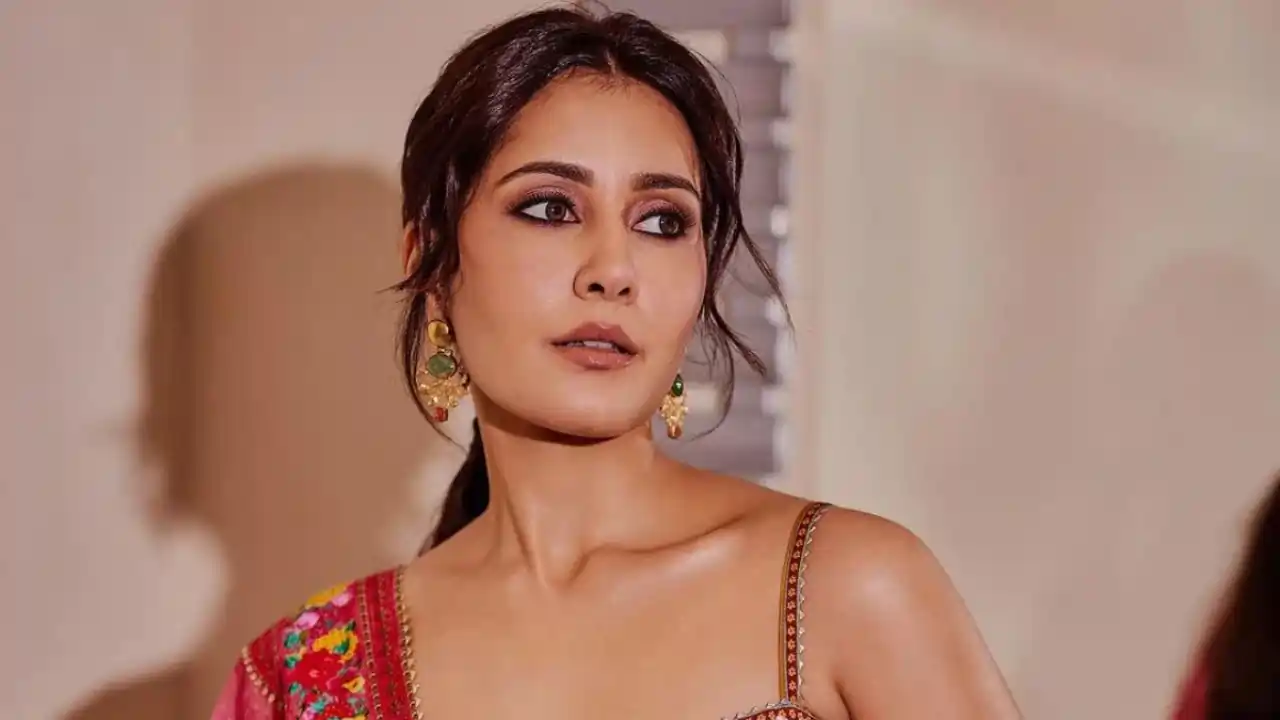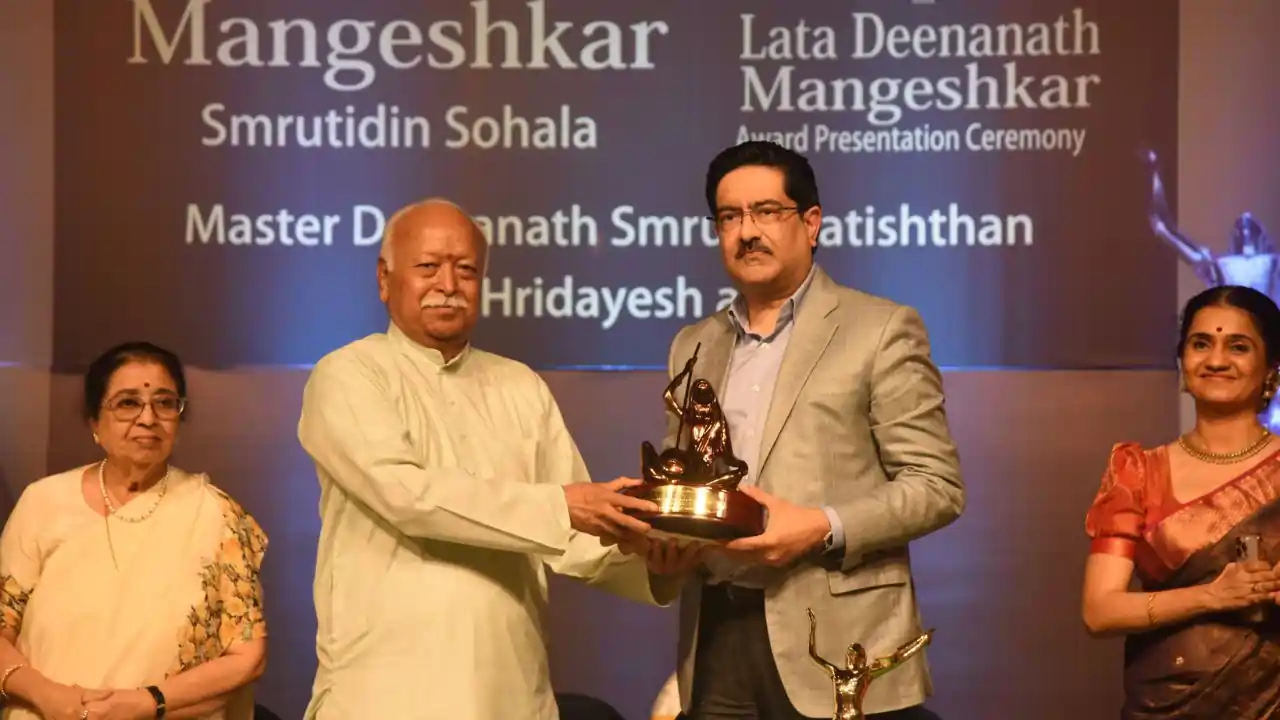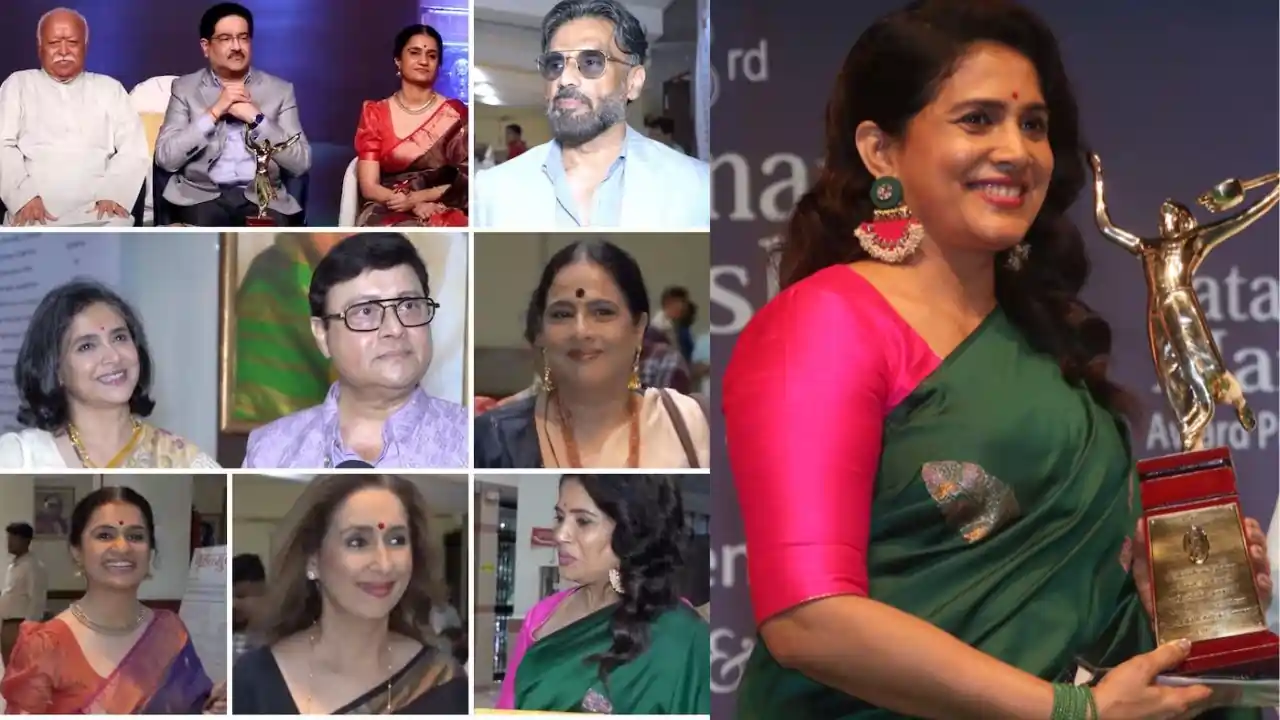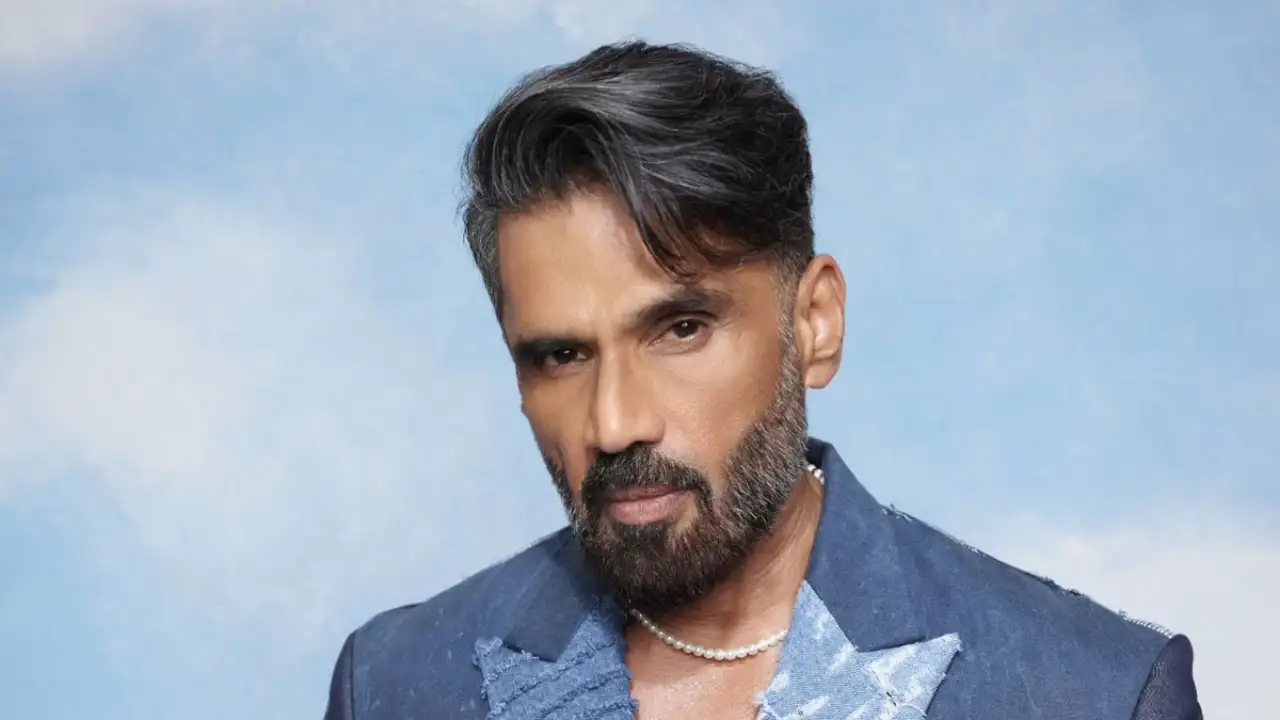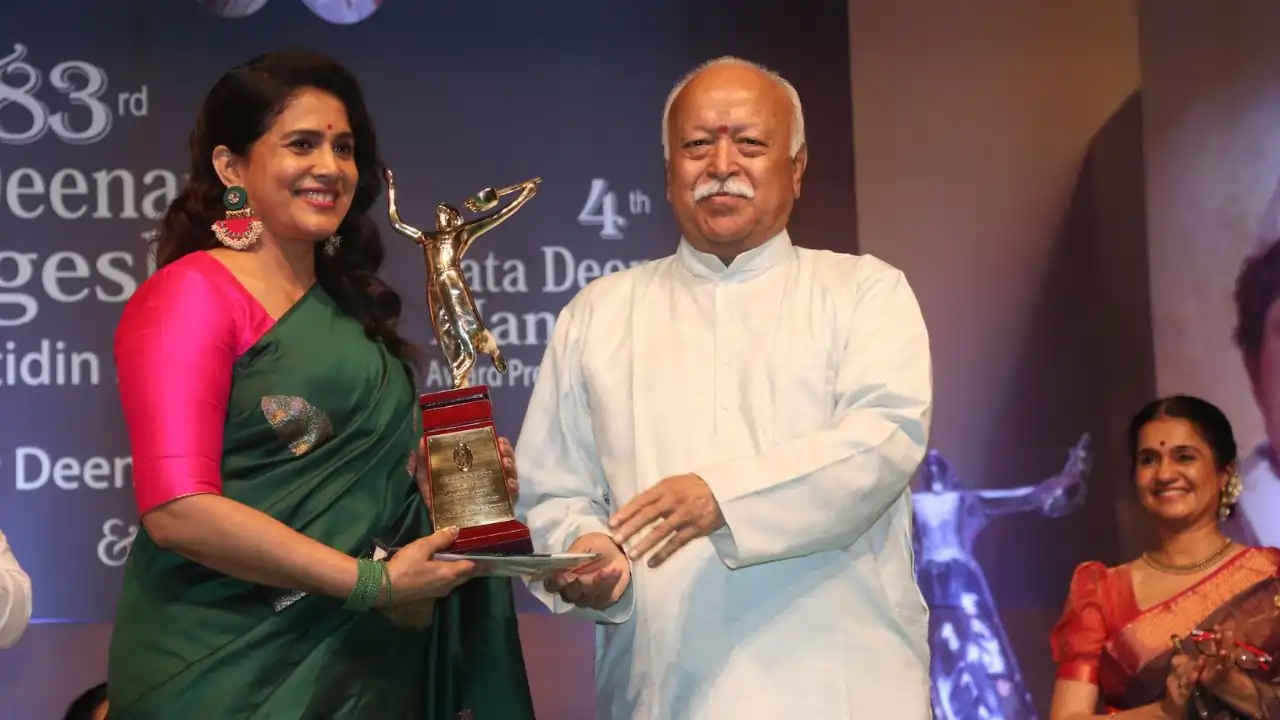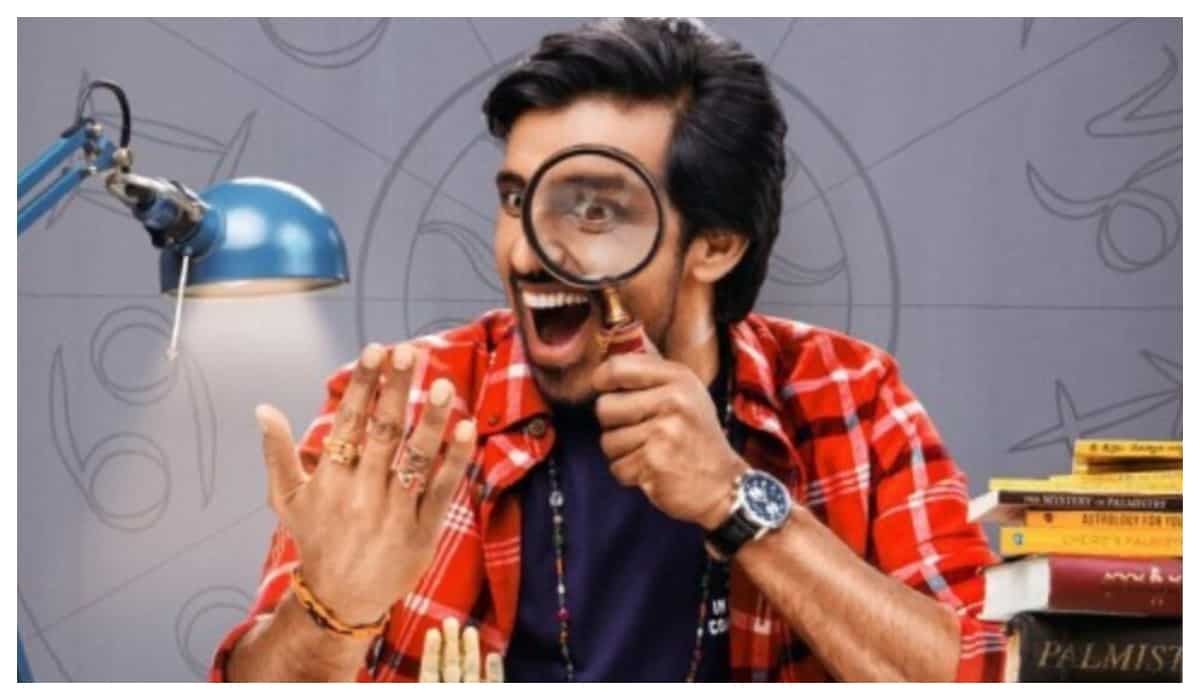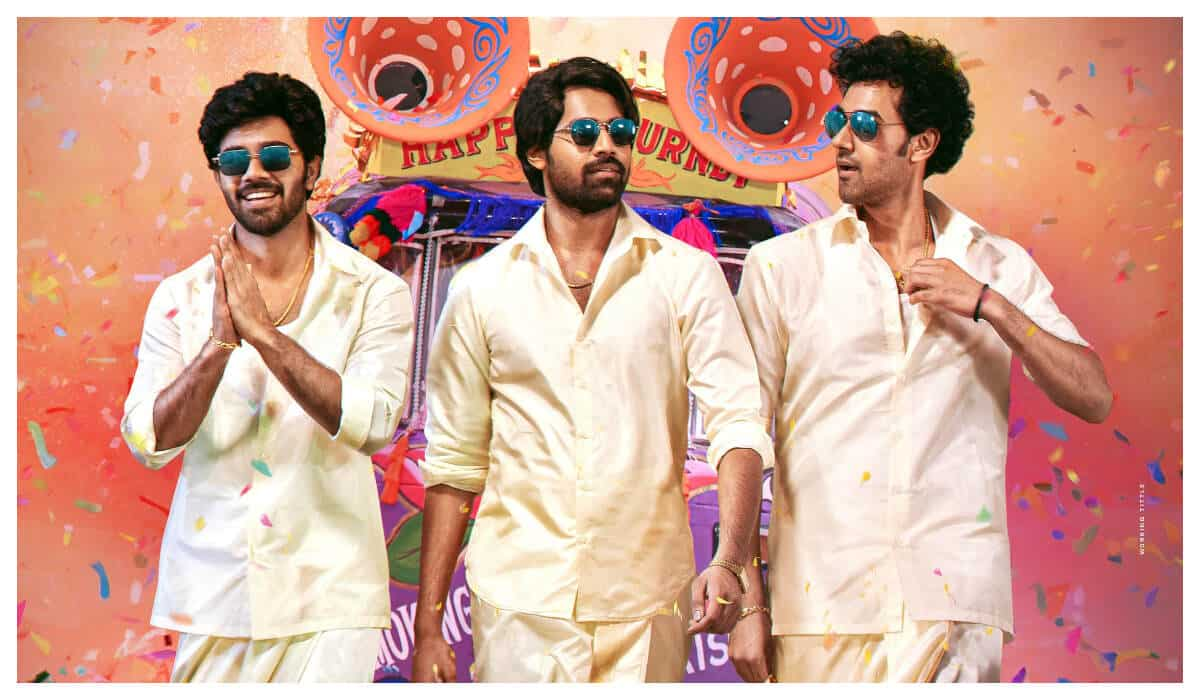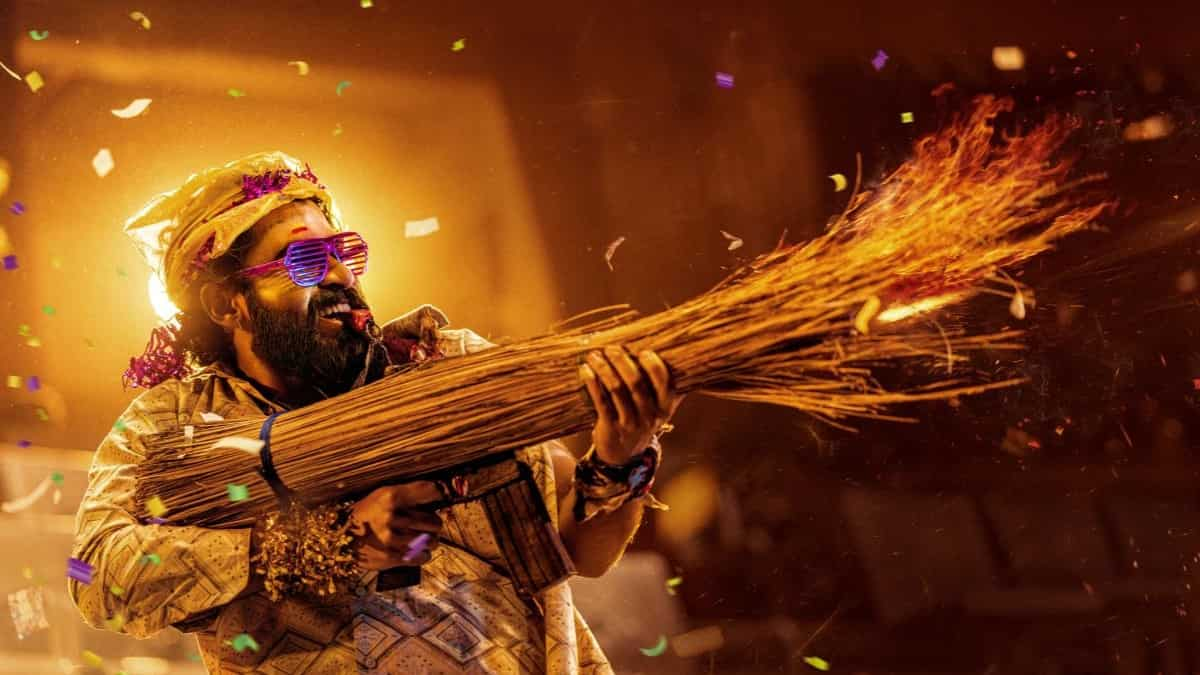
Payal Kapadia interview: ‘Laapata Ladies was a sensible choice for the Oscars as lobbying in Hollywood takes money’
5 months ago | 5 Views
When director Payal Kapadia’s film All We Imagine As Light won the Grand Prix at Cannes 2024, she became an overnight global sensation. However, this was not the first feather in the cap for the 38-year-old – her documentary A Night of Knowing Nothing won L’Œil d’or (The Golden Eye) Award at Cannes 2021, among numerous other awards. All We Imagine As Light is the Film and Television Institute of India graduate’s first feature and she’s excited to see it release on screens across India on November 22.
Featuring Kani Kusruti and Divya Prabha as two Malayali nurses, Prabha and Anu respectively, and Chhaya Kadam as Parvaty, the cook, the film about these three migrants is set in Mumbai and takes us through their stories. In this exclusive chat with Hindustan Times, Payal Kapadia talks about her film, her journey and what’s next.
More than a film, All We Imagine As Light was like a docu-feature. The tonality (blue and yellow) and mood of the film wasn’t very joyous, quite sombre as the characters unite through their sorrow and difficulties.
I would think of it like a poem, but docu-feature and a poem. I would think that whenever there is Anu and Shiaz (Hridhu Haroon) there, it is more joyous; whenever they are walking around, exploring Mohammad Ali Road, exploring the parks, etc, that part for me has some feeling of delight, because everybody’s perception of a city is different. Like some of us might find it dreary, but when you are in the first romance, you might find it full of joy. You know, they (the three women) are there for each other, they reach out to each other, that’s how the friendship evolves.
Do you think Mumbai, while it gives hope to millions, is also a place where there’s so much darkness?
Yes, I really think so. It’s a very difficult city, you know, just the everyday life of the train life, the housing being so expensive and so small. You may get a better salary in Mumbai than you’ll get in some other parts of the country, but then you’re spending so much more money here. And there are rules, like you can stay in a house only for 11 months and then leave because of the leave and license agreement. So, everybody’s perpetually moving. It’s not always easy to live in Mumbai and we saw during COVID also, so many people had to go back because it wasn’t possible to live here, as it’s so expensive. For me, sometimes it can be a brutal city also.
Mumbai is also a city of dreams. Do you think the three women in your film fulfil their dreams in the end?
For me that could be another film after this film. (Laughs) But for me, the hope is that at least they have a better understanding of each other. And sometimes I think that when you feel that you are not alone to take up a challenge, then that challenge becomes a bit easier. And I feel that whatever Anu is going to do next or whatever Prabha is going to do next, there’s going to be a little bit more understanding between each of them. So even though their families are not very supportive, they will at least be that family that they couldn’t get at home.
You’ve picked two Malayali nurses and a lady from Maharashtra. Why from Kerala in particular?
Language was an important issue for me. When I started writing the film, I got a lot of the stories from Malayali nurses as I was spending a lot of time in hospitals because of some family issues. The nurses I could make friends with were telling me about their life and I was very interested. I felt that because I initially interacted a lot with Malayali nurses, I should stick to that.
But I also feel like when you are from the south, for example, to go to a city like Mumbai, the language barrier is a real thing. And a lot of people say that, oh, you should just learn Hindi, but it’s not easy to do that. A lot of people feel that sense of alienation. I feel like language can unite you also. So, a lot of Malayalis and Tamilians stick together. Actually, the friendship between a Maharashtrian woman and a Malayali woman is not that common. Because we like to stick with each other and our language and what we speak and what we feel comfortable with. And they (Prabha and Parvaty) are actually a nurse and a cook respectively, which also doesn’t always happen. That’s a more hopeful, fictional relationship in my dream world.

Were you disappointed that your film didn’t get the Oscar nomination from India?
It’s okay. Like, that’s part of life. And actually, I really like Laapataa Ladies. I’ll tell you honestly, I already got a lot from this film. I took a long time to make it. I didn’t have any private money to make this film. I’ve only looked at grants, collecting money and taking five years to make it. For me, the fact that the film got made, it got shown at this really big festival (Cannes 2024) has been a lot. Anything else I get more than that, I’m like, oh, wow, one more thing. So, I was happy only.
Do you think the Oscars and awards do matter?
I think the main thing is that you should be able to release a film in India. That for me is very important. And that I’m getting now. After so many years, I’m really, I’m really curious to see how it goes.
When the Oscar nomination was announced, there was a lot of talk on social media that Aamir Khan had the money power that was necessary for lobbying in Hollywood.
That matters in the Oscar race, so in a way, it’s a sensible choice because the Oscar is like a lobby. And I am learning all this new work now. I never used to follow the Oscars so intricately. Of course, when the Oscar Awards come you are watching it on TV and you are like excited about it, but what it actually means and what goes into it, I am learning now. I was thinking that this was a whole other ball game. So, in a way having the financial support is a very good thing and it takes a film much further than when you do not have any money to do it. My film being short-listed in France as a potential submission for the Oscars was very random.

What do you think about the UK sending in Santosh, an Indian film?
They have to. They are not allowed to send an English film because it is a foreign language Oscar. They can’t send in Andrea Arnold’s film Bird, for instance. They will have to send that in the regular category because it is an English film. And for the record, Sandhya Suri’s Santosh is a really good film and I loved it. It is a great film.
Now that All You Imagine As Light is releasing in India on November 22, how do you think the reception here is going to be?
I don’t know. We will see. In 20 days, I will know. (Laughs). I think that in Kerala, for instance, people watch a lot of films and their films are very different. Even their mainstream actors, like Mammootty, have such a lot of range. They are doing such diverse films even at their age and like really redefining things. I feel like people there are more open now to different kinds of cinema.
Have you watched any South Indian films?
Yes! Malayalam director Don Palathara makes amazing films. And there is this short film, Asanghadithar, by Kunjila in Freedom Fight that was produced by Jeo Baby. I like Jeo Baby’s films also. I love Pa Ranjith’s films though he is mainstream. I really liked Natchathiram Nagargiradhu. There are so many films… everybody is making great films. Nanpakal Nerathu Mayakkam by Lijo Jose Pellissery is such a good film - I really connected to that film. I
So, is this your preferred style of filmmaking or have you ever thought about mainstream cinema?
We will see. This is my first film. All my films were all very different and my documentary was also very different. I feel that till you are able to do things then you should continue to try to do it.
Do you think it’s much more difficult for filmmakers like you in India to forge a path for yourself and make things work? Do you feel any pressure?
I think it’s hard for everybody. Like, even for people who are trying to make it in the film industry. In the beginning, like how do they start? Filmmaking in the start is always how to take the first step. Whether it is mainstream or whether it is making films that are not industry-supported, all of it is difficult. And even in the big films, sometimes people are taking such huge loans and there’s so much risk. It’s a risky job. I think everybody is finding it difficult at every step. And I don’t think it gets easier either. Like, the bigger the budget, the more pressure that there is to perform and all these kinds of things.
Taking time to make a film is pressure only. Nobody wants to take time. For me, it’s like - I’m not able to make this movie. That is pressure. Will I be able to do it? There are times when I felt that I don’t know if I can actually raise money for this film. At that point, you feel like, what the hell am I doing with my life? That’s always there.
But when you received so much adulation and won the award at Cannes, what was that kind of a reaffirmation for you, validation of your work?
I felt really privileged at that point because I know how hard it is for filmmakers to show their film to be selected at big events. So, for me, I felt like this is a really nice thing that we’ve been working so hard for and we got something much more than we expected. It was a very nice moment. But you also know that the next film, maybe it won’t happen and you don’t know where that will come from. So, filmmaking is very up and down. You have to take everything with a pinch of salt. If it’s good, it’s very good. When it’s bad, it’s really bad. I mean, for two years, we thought that we wouldn't raise the money for this film and maybe we should do something else. Those thoughts are also there.

In your second project, you managed to achieve so much more than what the average filmmaker in India can ever possibly dream of, right?
I mean, Cannes is one thing, but also releasing a film and having a hit is another amazing thing. Both things are good for me. How many people actually know about film festivals outside? Not that many; in urban places yes but overall, in the country, people don’t know.
What’s next for you?
I’m working on another film in Mumbai only. But it’s going to take some time again because All You Imagine As Light is releasing in many countries. Because everywhere, it’s a small film – it’s not a big film. So everywhere we need to do more push and more support for this kind of film. We’ll have to do more word-of-mouth publicity, more physically going and talking to people, doing interviews. Unfortunately, this is going to be the way but it’s fine because then it reaches out to more people in that way, at least.
Why does Mumbai continue to fascinate you?
Right now, it’s the city I know the most. So, it’s like an obvious choice. Maybe I’ll discover some other place. But I’ll have to go there, spend some time and then see if I can make a film there.
What inspires your stories?
Life. (Laughs) Everything inspires me. I’m very inspired. I’m always inspired. I’m a super inspired person. That’s what makes it fun to be a filmmaker or any creative person is because everything is interesting.
What is the one unforgettable thing on this project for you?
(Smiles) It is meeting my actresses. I think working with Divya Prabha, Kani and Chhaya Kadam, it taught me a lot. They are amazing artists and they gave 150% to the film. Like, they made it as if they were not coming to do the job -they were making a film. We felt a kind of connection towards each other and that’s also what the film is about. So, I felt like I really gained a family in this process.
All We Imagine As Light will release in Indian cinemas on November 22.
HOW DID YOU LIKE THIS ARTICLE? CHOOSE YOUR EMOTICON !
#

